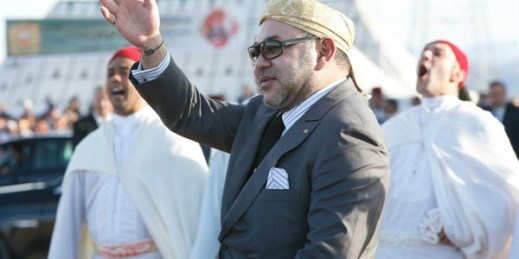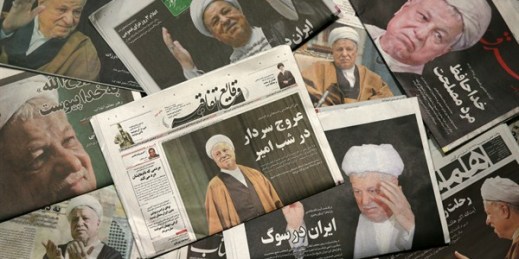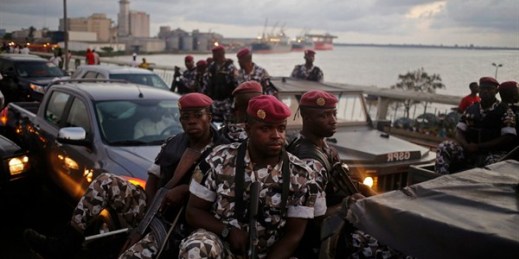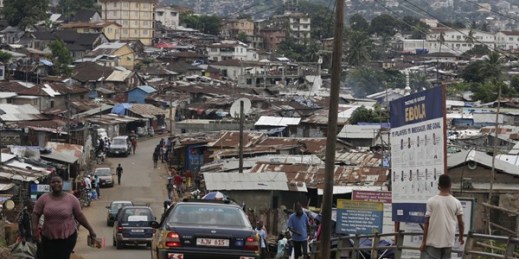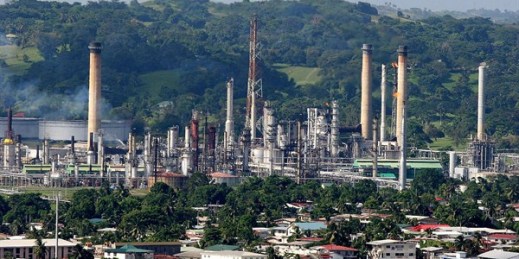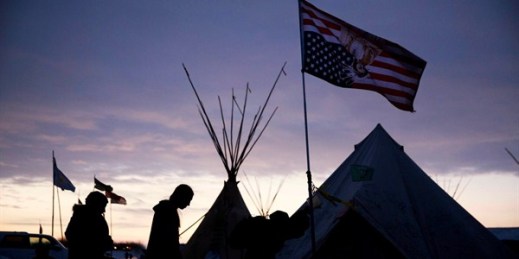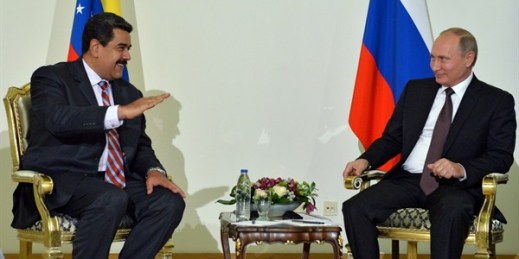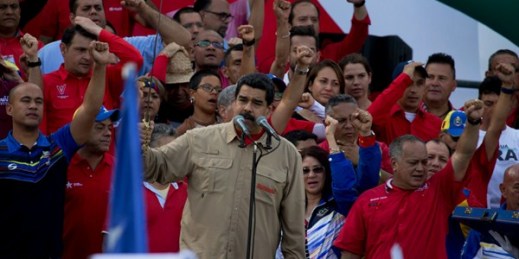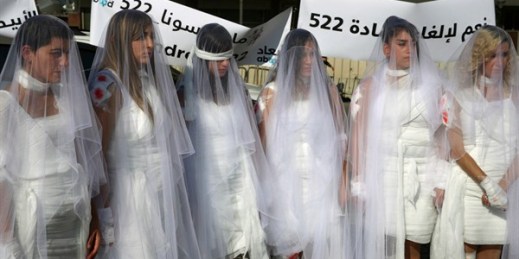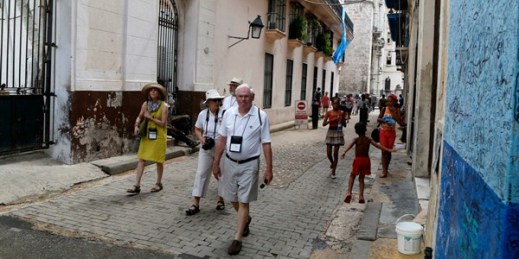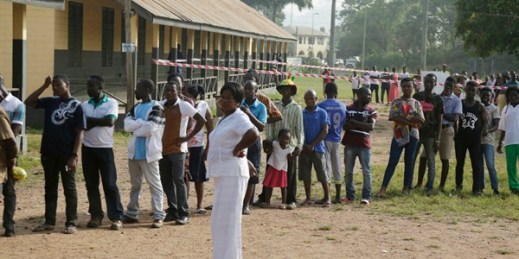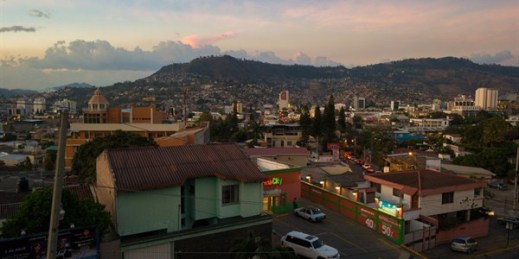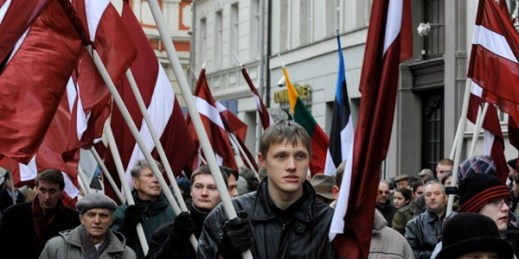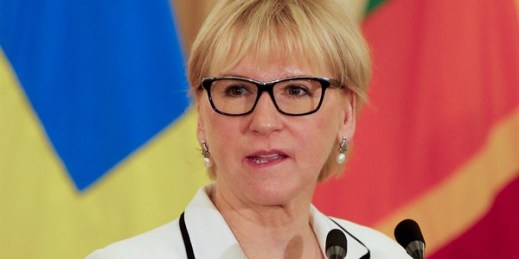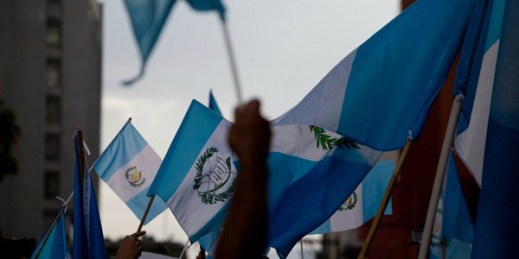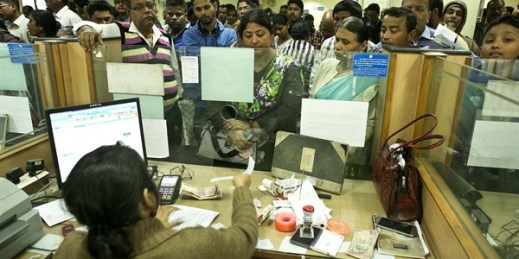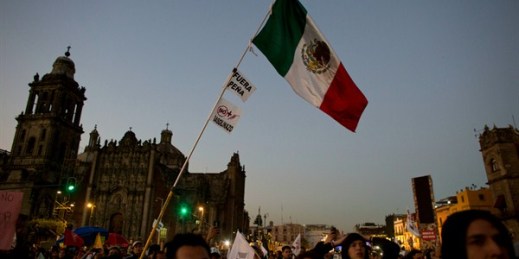
A perfect storm is gathering in Mexico as the dawn of Donald Trump’s presidency north of the border coincides with domestic upheaval. While Trump’s threats on trade, immigration and border security have received the most attention, Mexico’s deeply unpopular president, Enrique Pena Nieto, also faces social unrest and a potential recession ahead of a presidential election in 2018—one in which, much as in the U.S., a populist underdog will look to capitalize on public anger. Since Jan. 1, headlines from Mexico have been dominated not by Trump, but by the so-called “gasolinazo,” a controversial yet inevitable decision by the Pena […]

